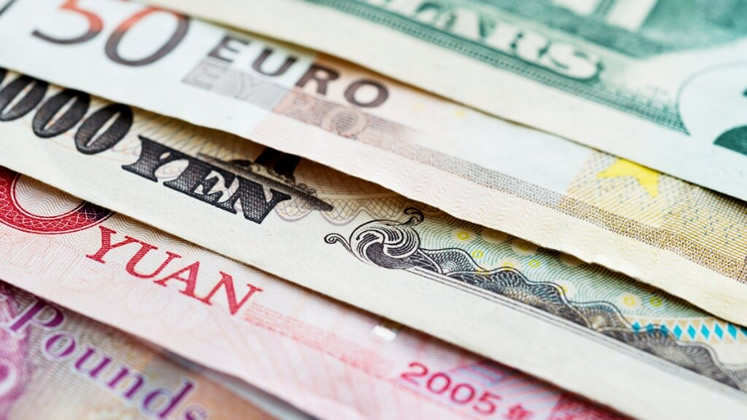In the first eight months of 2024, the Nigerian Exchange Limited experienced significant foreign investor sell-offs, with approximately N355.74 billion worth of stocks disposed of. This decline in foreign activity is evidenced by the August Domestic & Foreign Portfolio Investment Report, which noted that outflows surpassed inflows by N56.01 billion. During the reporting period, total foreign transactions reached N655.47 billion, reflecting a dramatic increase of about 194.22% compared to the N222.78 billion during the same period in the previous year. The sell-off trend was most pronounced in April, with N78.25 billion in stocks sold, followed by N69.41 billion in May and N43.94 billion in June.
Market analysts point to several factors driving this trend of capital flight. A long-time stockbroker, David Adonri, highlighted the detrimental effects of a volatile naira and an unfavorable high-interest rate environment on investor sentiment. He stated that the current exchange rate situation, with the naira trading around N1,700, is discouraging investors who might prefer to hold assets in stronger currencies. This tendency is further exacerbated by elevated interest rates, prompting a migration of capital from equities to other financial instruments. Additionally, the analysis indicated that seasonal trends also contribute to reduced market activity from September to November, as there are typically fewer driving factors, such as full-year results or dividends.
The analysts at Meristem Research framed the foreign sell-offs as a capital flight largely prompted by ongoing economic instability. They noted the potential for high-yield investment environments to attract foreign investors in the short term. However, persistent volatility within the foreign exchange market and macroeconomic challenges remain substantial barriers to foreign direct investment inflows. This complex interplay of factors presents significant downside risks to the near-term outlook for capital importation into Nigeria.
In terms of local investor activity, the Nigerian capital market has largely been characterized by a predominance of domestic investors since the COVID-19 pandemic prompted the exit of many foreign investors. However, both domestic and foreign investments have seen a decline in the equity market this August. According to the NGX report, total transactions in the stock market decreased by 22.80%, falling from N491.61 billion in July to N379.52 billion in August 2024. In comparison to August 2023, when total transactions stood at N262.56 billion, there was a noteworthy 44.55% increase for the same month this year.
Specifically, domestic transactions exhibited a more pronounced decline, dropping by 25.81% month-on-month from N434.09 billion in July to N322.05 billion in August. Likewise, foreign transactions saw a marginal decrease of 0.09% from N57.52 billion to N57.47 billion between July and August 2024. This general trend highlights a cautious sentiment among both local and foreign investors, as macroeconomic conditions continue to weigh heavily on market expectations.
In the context of overall capital importation, the National Bureau of Statistics reported that portfolio investments—including equity, bonds, and money market instruments—accounted for about 10.37% ($106.85 million) of total capital inflows amounting to N1.03 billion in the second quarter of 2024. Of particular note, investments specifically in equities saw a staggering decline of 96.17%, decreasing to N8.52 billion compared to the previous quarter and down 33.01% year-on-year. In contrast, the bond market demonstrated resilience, with foreign investor inflows reaching approximately N85.29 billion, indicating a significant shift in investor preference within the Nigerian capital market landscape.














